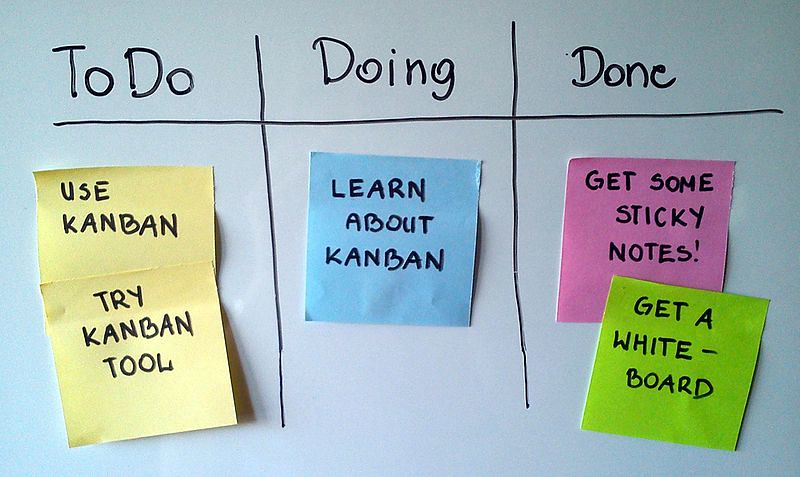Welcome back after the Christmas break – I hope you had a restful one, and are feeling refreshed. Have you chosen your New Year’s Resolutions yet?

It’s traditional at this time of year to resolve to make positive changes to our lives – or at least, the media would have us believe this is what we “should” be doing. We’ve talked before about setting achievable goals, simply focusing on milestones, and how wellbeing is the bedrock of successful research resolutions. This year, I’d like to think a bit about deadlines.
One of the reasons I think New Year’s Resolutions are both so appealing and so intimidating is the timescale – you have a whole year for this. “I’m going to re-decorate my whole house” seems totally manageable when you’ve got 12 months to complete it (despite you knowing full well you didn’t manage to find the time or inclination to re-decorate any of the rooms last year). On the flip side, “I’m going to do full meal planning every week” quickly seems like a mountain when you realise you’re going to have to keep it up for 52 consecutive weeks.
This illustrates nicely the power of taking timescales and deadlines into account when you’re planning – whether that’s putting together a short or longer term research plan, or thinking about changes to your lifestyle or wellbeing. Be realistic about what you can achieve and set yourself clear timescales with interim deadlines to help you monitor your progress. Ideally, share those deadlines with others so you can be held accountable, or make sure you establish a monitoring process to hold yourself accountable (don’t break the chain!).
So whether you are a keen resolution-setter, or a reluctant research planner, take your time to set realistic, achievable goals with clear timelines and accountability to help keep your 2023 on track.
Or maybe the most appropriate approach for you is to timetable another date on which to think about these kinds of things, when there’s a bit more light in the sky and fewer chocolates in the house.




 England is in the process of entering a third
England is in the process of entering a third 
 Effective project planning and delivery involves a wide range of skills and strategies which underpin a multitude of research activities. In research, projects can vary from small-scale activities (such as a pilot study or organising a research-related event) to very large-scale, multi-team endeavours (such as clinical trials). While smaller projects can be successfully delivered with ad hoc planning, larger projects require a more rigorous approach.
Effective project planning and delivery involves a wide range of skills and strategies which underpin a multitude of research activities. In research, projects can vary from small-scale activities (such as a pilot study or organising a research-related event) to very large-scale, multi-team endeavours (such as clinical trials). While smaller projects can be successfully delivered with ad hoc planning, larger projects require a more rigorous approach. 

 We’ve talked before on this blog about the value of proper
We’ve talked before on this blog about the value of proper